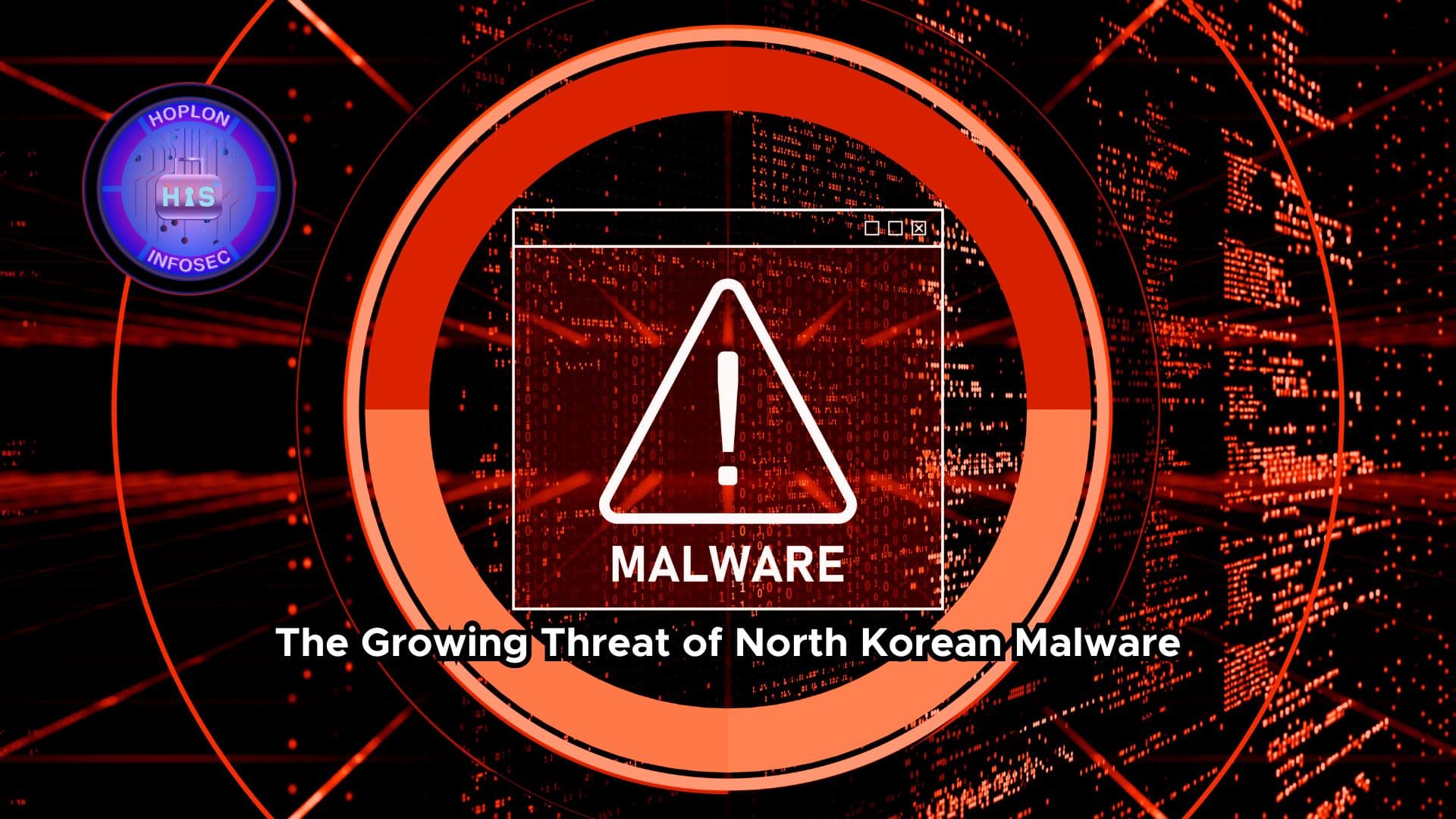PondRAT: The Growing Threat of North Korean Malware

Hoplon InfoSec
23 Sep, 2024
In recent cybersecurity reports, a new threat has emerged from North Korean Malware called PondRAT, distributed through poisoned Python packages. This development not only highlights the evolving tactics of state-sponsored threat actors but also raises significant concerns for organizations that rely on open-source software.
Understanding PondRAT
PondRAT has been identified by Palo Alto Networks’ Unit 42 as a lighter variant of POOLRAT, a known backdoor used primarily on macOS systems. The Lazarus Group, a notorious North Korean cyber-espionage group, has previously employed POOLRAT in various attacks, including the 3CX supply chain compromise in 2023. The introduction of PondRAT suggests that attackers are continuously refining their methods to adapt to security measures and target broader platforms, including Linux.
The Mechanism Behind the Attack
The modus operandi of this campaign, dubbed Operation Dream Job, involves luring potential victims with enticing job offers. Once the targets show interest, they are tricked into downloading the malicious Python packages, which were uploaded to PyPI, a well-known repository for open-source Python packages. Once these packages are executed on the victim’s machine, they can initiate the malware, enabling the attackers to gain control over the device.
Unit 42’s analysis indicates that PondRAT shares structural similarities with both POOLRAT and AppleJeus, a malware variant used to target cryptocurrency exchanges. This connection underscores a concerning trend: the continued enhancement of malware capabilities across both macOS and Linux platforms.
The Risks of Poisoned Python Packages
The distribution of malicious packages poses significant risks for organizations. As noted by Unit 42, the ability to upload and download files, execute arbitrary commands, and pause operations provides attackers with a powerful tool to infiltrate and manipulate victim networks. The risk is compounded by the fact that these attacks exploit trusted sources—developers often trust packages from PyPI, making them more susceptible to these types of threats.
Analyzing the Functionality of PondRAT
PondRAT exhibits a range of capabilities that make it particularly dangerous:
File Management: The malware can upload and download files, enabling data exfiltration.
Command Execution: It can execute commands remotely, allowing attackers to manipulate the system as needed.
Operational Control: The ability to pause operations allows for stealthier control, making detection harder.
These features indicate a strategic intent to not only gain initial access but to maintain a foothold within targeted organizations, potentially leading to more extensive breaches.
The Connection to North Korean Malware Cyber Operations
The group behind PondRAT, identified as Gleaming Pisces, is part of a larger network often associated with the Lazarus Group. Known for its sophisticated and well-coordinated cyber operations, this group has previously used various tactics, including social engineering, to target specific industries, particularly those related to technology and finance.
Operation Dream Job: A Multi-Faceted Approach
Operation Dream Job exemplifies the complexity of North Korean cyber operations. Beyond the use of poisoned Python packages, reports from cybersecurity firms like KnowBe4 indicate that North Korean actors have been actively submitting fake resumes to various companies, attempting to gain employment. This method not only helps them gather intelligence but also positions them within organizations to facilitate further attacks.
Implications for Organizations
The emergence of PondRAT and similar malware highlights the pressing need for organizations to enhance their cybersecurity posture. Companies with remote employees are particularly vulnerable, as the attack vectors often exploit the trust inherent in remote working environments.
Recommendations for Mitigating Risks
Code Review and Package Vetting: Implement strict review processes for third-party packages and libraries.
Employee Training: Regularly train employees on recognizing phishing attempts and the dangers of malicious software.
Monitoring and Response: Establish robust monitoring systems to detect unusual activity within networks, enabling quicker response times to potential breaches.
Incident Response Planning: Develop and regularly update incident response plans to ensure preparedness in the event of a malware infection.
Frequently Asked Questions about North Korean Malware
What is PondRAT?
PondRAT is a new malware variant linked to North Korean threat actors. It is distributed through poisoned Python packages and allows attackers to control infected devices, exfiltrate data, and execute commands.
How does PondRAT differ from POOLRAT?
PondRAT is considered a lighter version of POOLRAT, retaining many of its core functionalities but designed to be more adaptable across different operating systems, including Linux.
What is Operation Dream Job?
Operation Dream Job is a cyber attack campaign that involves luring targets with fake job offers to trick them into downloading malware, including PondRAT.
Why are poisoned Python packages a significant threat?
Poisoned Python packages exploit the trust developers place in open-source repositories. Once downloaded, they can execute malware that compromises entire networks, posing a substantial risk to organizations.
How can organizations protect themselves from this type of malware?
Organizations should implement stringent code review processes, train employees to recognize phishing attempts, establish monitoring systems, and develop comprehensive incident response plans.
Conclusion
The rise of PondRAT and the tactics employed in Operation Dream Job represent a new phase in the ongoing cyber warfare landscape. Organizations must remain vigilant and proactive in their cybersecurity strategies to defend against these evolving threats. By understanding the methods used by threat actors and implementing robust protective measures, companies can significantly reduce their risk of falling victim to sophisticated cyber attacks.
References
Lakshmanan, R. (2024, September 23). New PondRAT Malware Hidden in Python Packages Targets Software Developers. Retrieved from The Hacker News: https://thehackernews.com/2024/09/new-pondrat-malware-hidden-in-python.html
Share this :